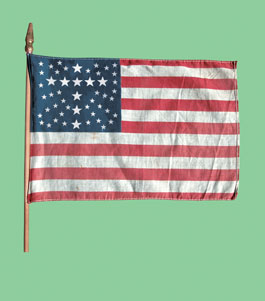Last night, a fight that has boiled at Dartmouth College was taken to the Manchester School District, as 2005 Central class president Ibrahim Elshamy charged that Central's American Indian and Memorial's Crusaders herald a history that shouldn't be celebrated.
Elshamy, who now attends Dartmouth, said both symbols are hurtful and should be changed.
Indian and civil rights groups have fought Indian mascots in professional and collegiate sports, while the Crusades is a "dark spot" in Christian history, he said.
"Ostensibly under the name of religion, a fanatical army swept across continents, brutally engaging in genocide against Jews, Muslims, Orthodox Christian, women and children," said Elshamy, who has set up a Web site, HateMascot.com, to lobby against the two schools' symbols.


1 comment:
I'm not that familiar with the Muslim expansion, although I know it reached its high point at Vienna in 1683. No doubt it included bloodshed and oppression, but did it also include genocidal atrocities?
Another question is who the Muslims were. Sure, there was the Ottoman Empire, but didn't other sultanates and caliphates act independently, attacking different targets at different times? That isn't quite the same as a continuous wave of Christians attacking one target (Jerusalem) over a couple of centuries at the behest of one authority (the pope).
Note also that the Muslims gave their conquered subjects a choice. I doubt any Christian conqueror was ever this diplomatic:
http://www.crf-usa.org/bria/bria20_1b.htm
"The people conquered by the Muslims usually faced a choice. They could denounce their religion and convert to Islam, pay a tax to continue practicing their beliefs, become a slave, or be executed. Most chose to convert. But many people paid the tax."
Anyway, your basic point is correct. If one atrocity is bad, the others are as well. Whether it's Russia in Chechnya, China in Tibet, Israel in the West Bank, or the US in Iraq, the message here is stop the aggression, people.
Post a Comment